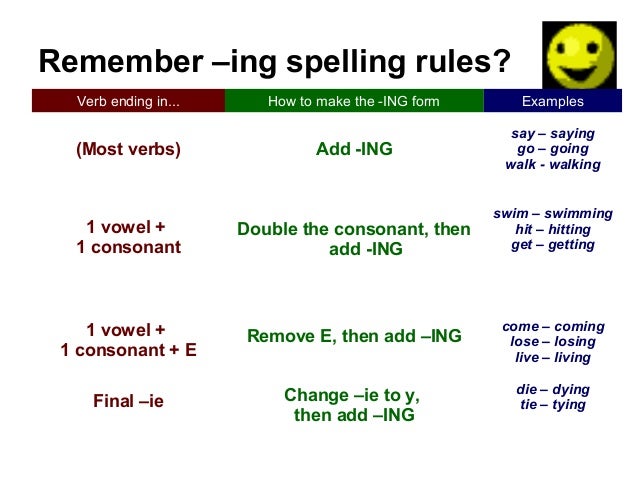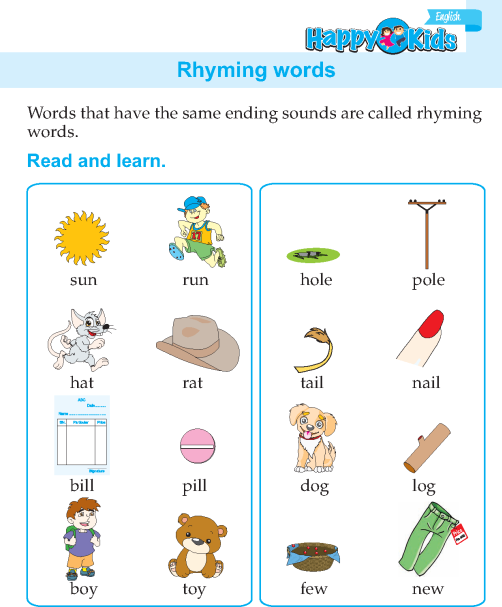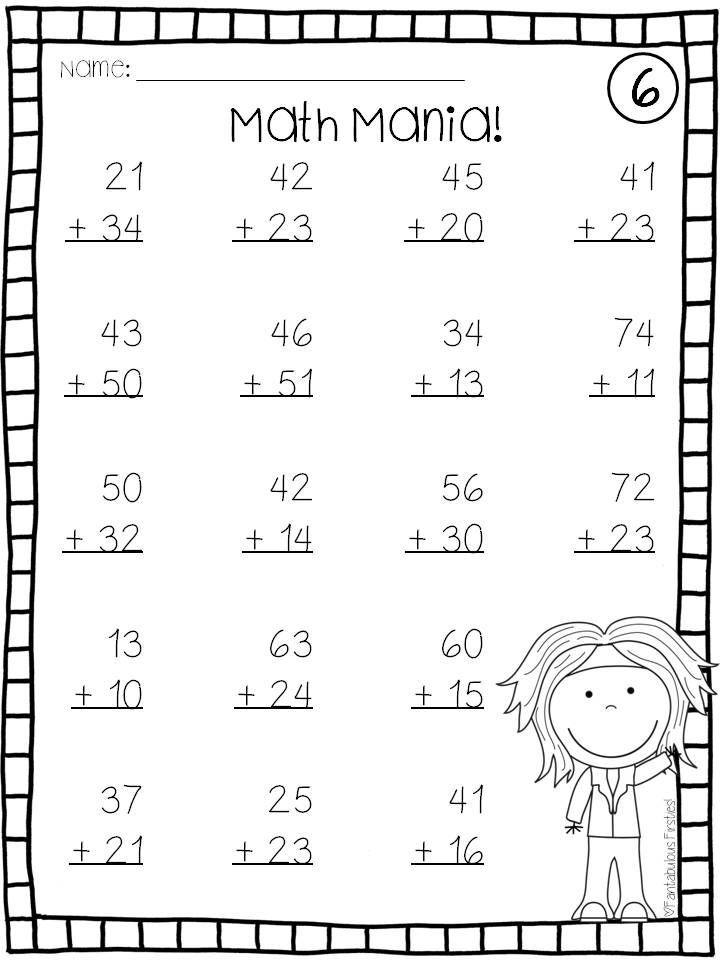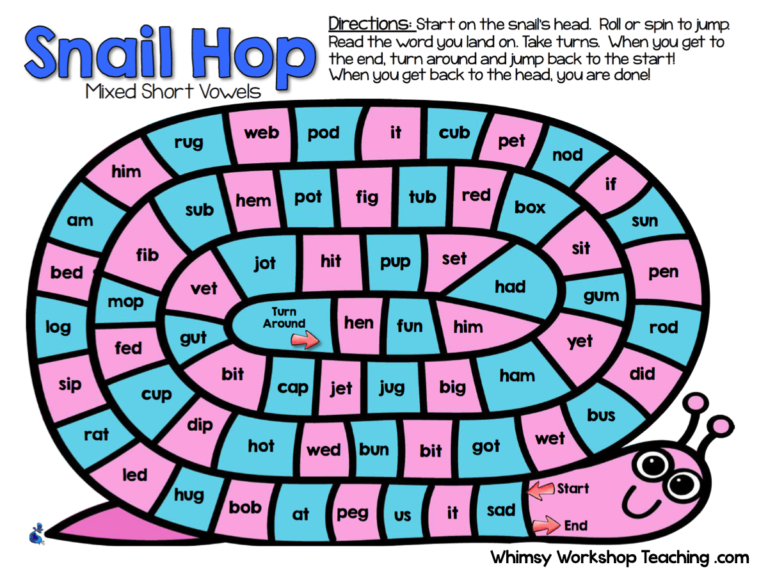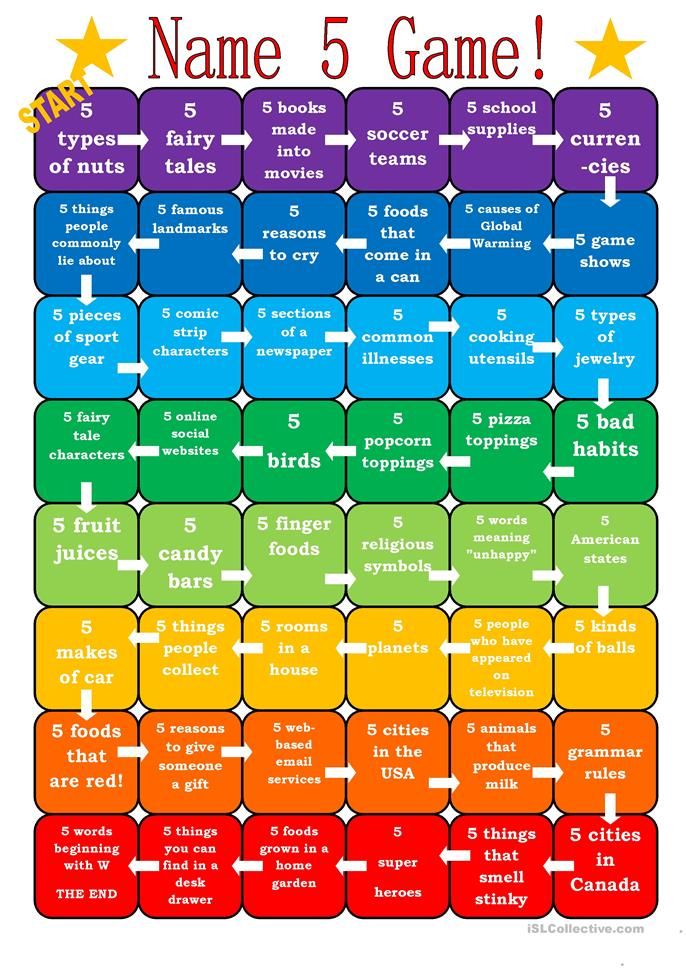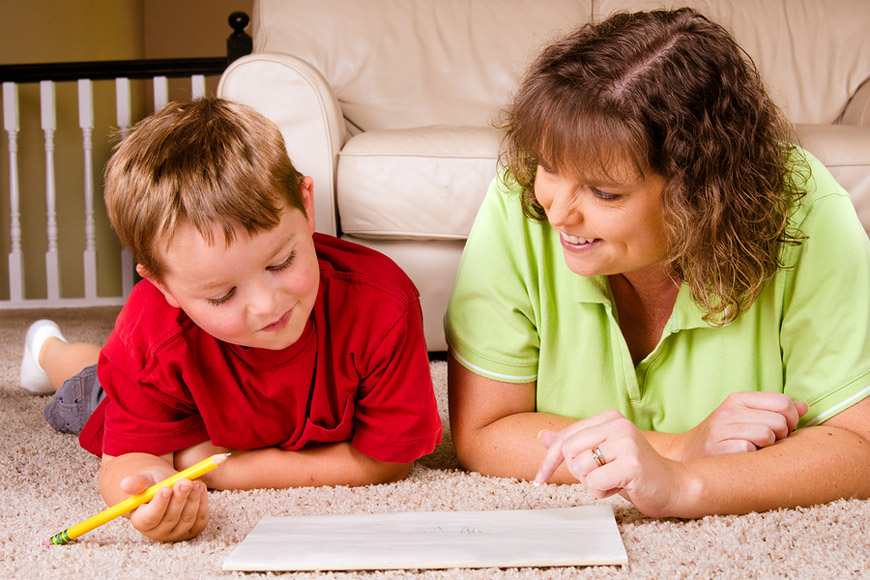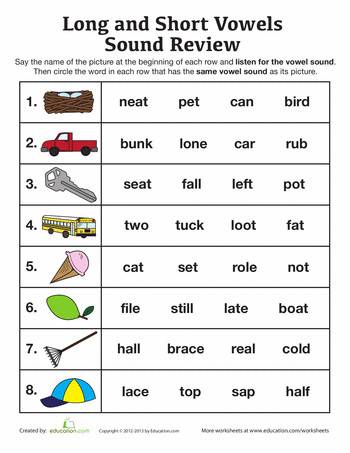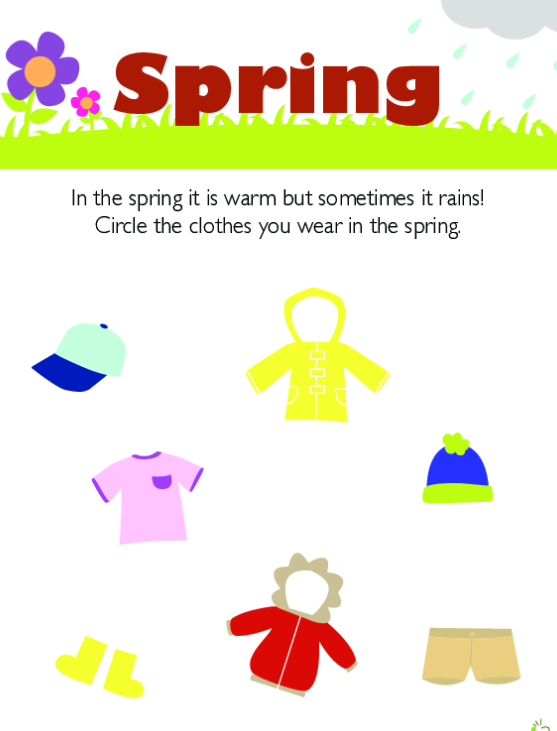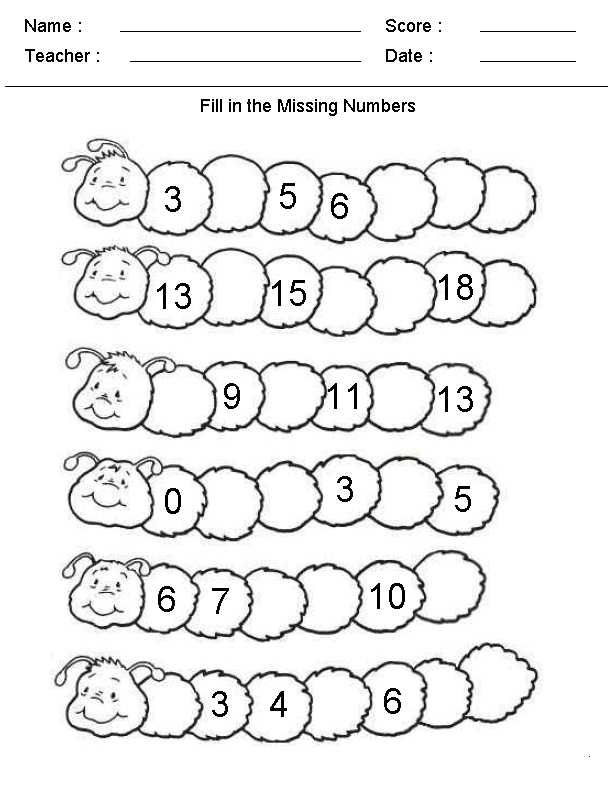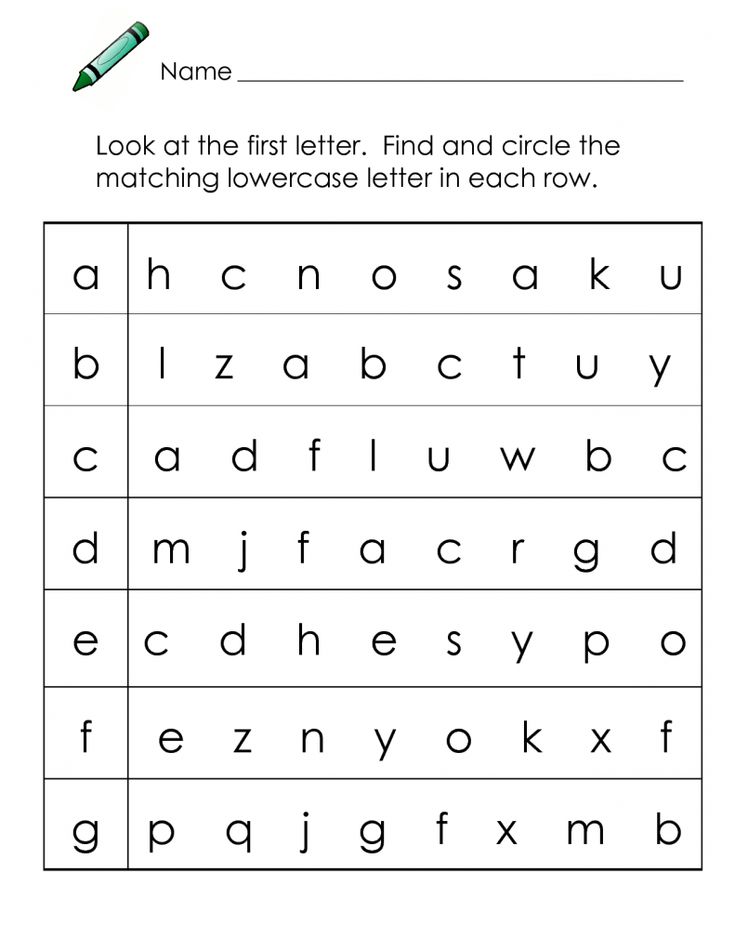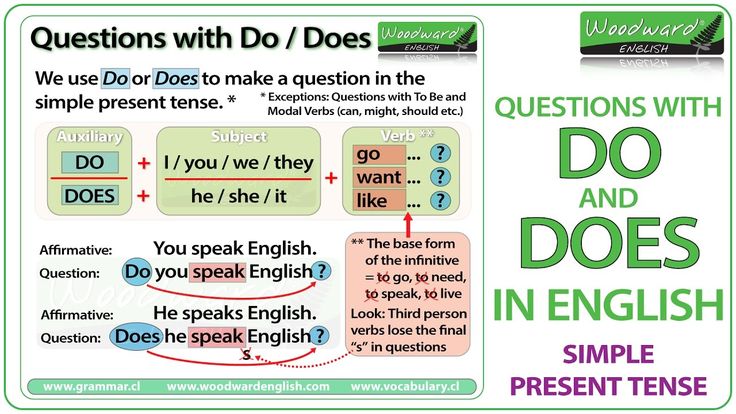Help children with spelling
Does Your Child Struggle With Spelling? Try This Spelling Help For Kids
Children who fall behind classmates in spelling, who forget words easily, or who mix up letters when writing, are children who need special, loving, considerate attention regularly at home to help them overcome their unique learning problems. Forcing an activity on them or making it over-demanding only serves to intensify the child’s negative feelings about it. Here are some suggestions other parents have successfully used to help their children in these areas.
RELATED: Download Our Free Homework Charts!
Develop auditory and vocal skills. Good spellers are usually good readers and good speakers and vice versa. Using the school or local library helps your child develop some of these skills. Restrict the amount of TV he watches. Your child cannot talk back to a television set. Children need to use the language they will be writing. Give your child the opportunity to talk with you.
Experience stories. Let your child write about the things he likes. He can illustrate the stones himself or cut pictures from magazines to illustrate them. Let him write the words without assistance unless he asks for help. Misspelled words can then be used in little games you play with your child. A one-line “story” may be all that he can handle. If so, fine.
Write letters. Corresponding with a friend or relative-or a simple statement at the bottom of a letter you write to someone your child knows-offers him opportunities to spell.
Trace words. This activity helps many children. Have your child sit next to you (or, if young, sit on your lap). Sit so that you can guide his writing hand. Make sure that only his index and middle fingers are extended, and that his eyes are closed. If your child is using manuscript, use that form. Take his hand and print (or write) the word that is confusing to him.
Finger paints are messy, but ever so helpful. Use oilcloth and a large table. Have your child roll up his sleeves and wear an old apron. Let him use both hands to write letters and words, It is a marvelous activity. Just gating the feel of large movements may be sufficient without introducing formal spelling to the activity.
Use oilcloth and a large table. Have your child roll up his sleeves and wear an old apron. Let him use both hands to write letters and words, It is a marvelous activity. Just gating the feel of large movements may be sufficient without introducing formal spelling to the activity.
All kids love codes, so why not encourage your child to decode messages diet you leave for him? Let him make up his own codes for you. You make up one but make sure he has a way to decode it.
If your child is working on a class spelling list and can only remember half of the words, speak to his teacher. Teachers are more than delighted to hear how their students respond to homework. Perhaps the list can be reduced so that your child has fewer words and can learn these more efficiently and comfortably.
Don’t tackle an entire spelling bar in one sitting. Take one-third for example, each evening, to work on with your child. Break the practice into small units. Try fifteen minutes of review when he gets home; fifteen minutes before supper; fifteen minutes after supper.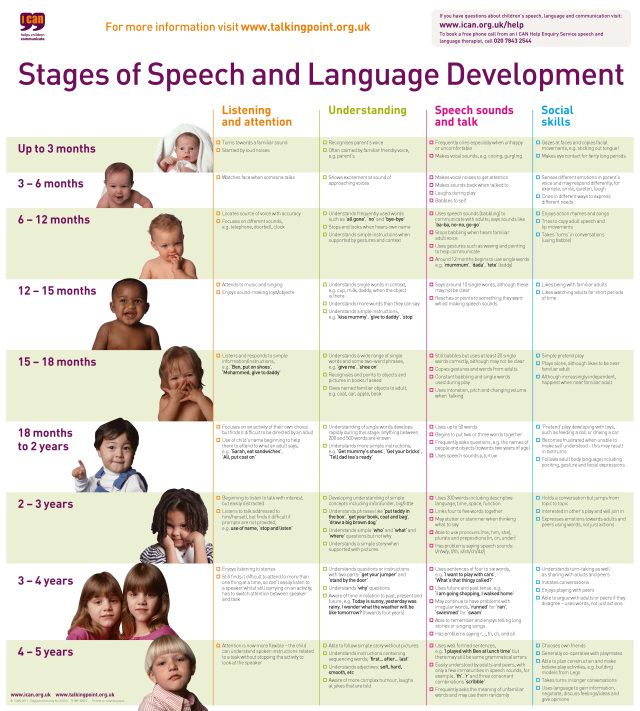 Shorter periods given frequently are more effective than one massive review-which is also exhausting and frustrating.
Shorter periods given frequently are more effective than one massive review-which is also exhausting and frustrating.
Sometimes words on a spelling list can be “clustered” into similarities. For example, you might try attempting all of the five-letter words one day, all the words beginning with consonants the next day, all the words beginning with blends the next day. This kind of grouping will help your child to perceive similarities and differences in the words, and, hence, develop his recall.
An old trick that really works is to have your child practice. Write each of his words, and then draw with a black crayon around each word. Then he can lightly color the shape of the word. This is known as “studying the shape” (or configuration). Just make sure your child uses straight, not curved, lines when he outlines the word.
Before your child starts to silently study his list for that day, let him pronounce each word. Children must know how to properly pronounce a word before they attempt to spell it, If their pronunciation is not correct, they will indeed spell it as they would pronounce it in their own way.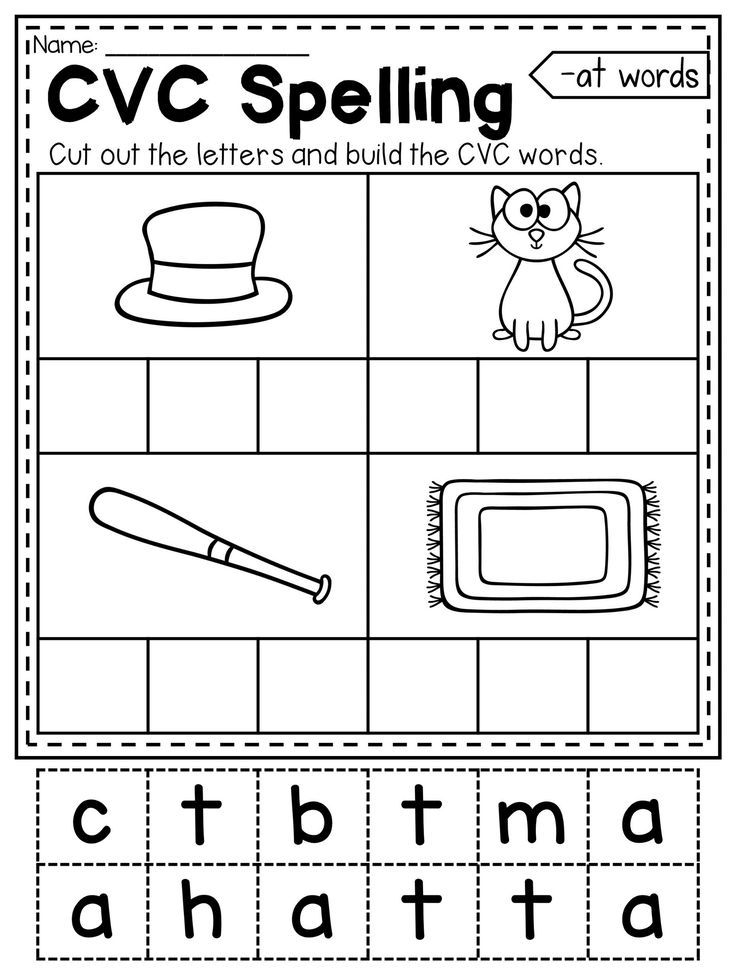 (Also make sure they know what the word means and can use it or understand it when they hear it.)
(Also make sure they know what the word means and can use it or understand it when they hear it.)
To start studying, a child should look at the word, pronounce it, spell it orally as he looks at it, cover it with his hand, and then attempt to spell it or, as he traces it on your kitchen table, letter by letter.
After your child has studied, let’s say five words, in the manner described, spell the words to him, in random order, and have him name the word you spelled.
Invest in a set of plastic magnetic letters that are available at many discount, toy, and variety stores. Let your child spell the word by successively placing the magnetic letters on the magnetic board. You can show him the word, then remove it Have him name each letter as he locates it and places it on the board. This is good for developing the correct order for letters within the words.
Word lists. These can be made using paper available in the house. Print or write the words being studied. Post one copy of the list on die refrigerator, another on the door to your child’s room, and another in the bathroom.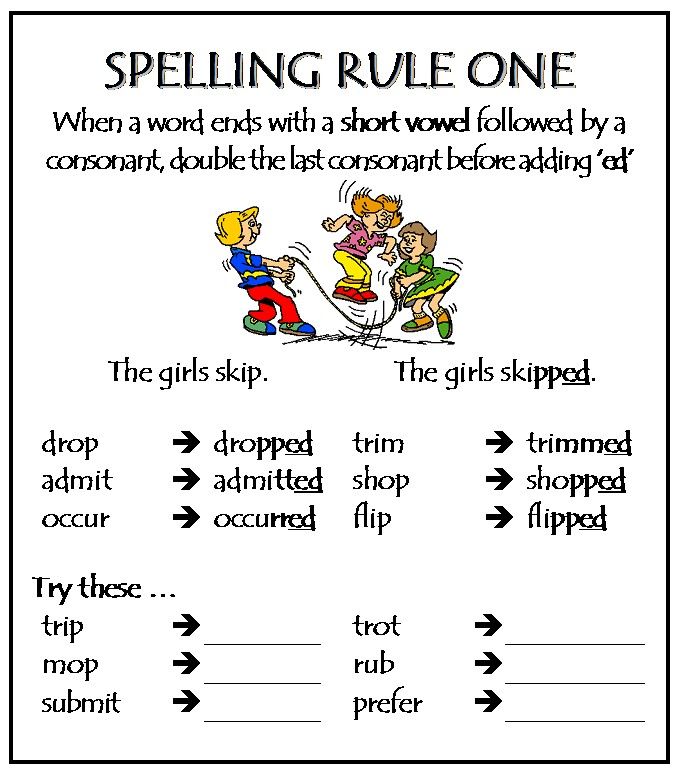 Maybe another can go over the TV set. Use a different color crayon for each word-or use a different color for parts of each word regularly confusing your child. For example, if he continues to write “come” as “cum,” use black for the “c” and I’m” but red for the “o” and “e”.
Maybe another can go over the TV set. Use a different color crayon for each word-or use a different color for parts of each word regularly confusing your child. For example, if he continues to write “come” as “cum,” use black for the “c” and I’m” but red for the “o” and “e”.
Put movement into learning words. Have your child clap for each letter or take a step for each letter as he spells the word orally. This will help ” lock in” the correct sequence of letters, as well as develop full recall for the word.
Let your child play teacher. Let him teach you the words he is learning to spell. Spell them orally to him. Let him correct you. Then have him dictate to you and you write them. Have him score your paper. Make a game of it. He’ll know you really know how to spell them, so veil him it’s a game.
Commercial dice with letters rather than numbers. Take turns with your child in tossing them and building words. List the words as they are made. The list can be saved and added to each time you play.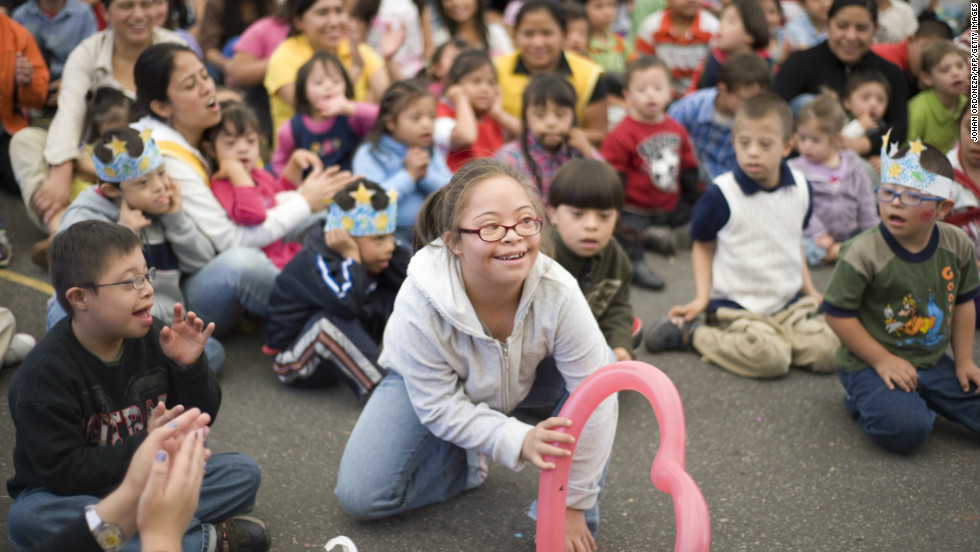 That way be can develop a “reference fist” to use over and over spin to reinforce his recall.
That way be can develop a “reference fist” to use over and over spin to reinforce his recall.
Listening skills do help spelling. “What letter does ‘chart, end with?” What letter does ‘piano’ begin with?” Play these games just for a few moments before supper, or after breakfast to develop your child’s ability to hear sounds in words.
RELATED: Download Our Free Homework Charts!
Rhyming words is another game that can build spelling skills. “Can you think of a word that rhymes with fill?” As your child says hill, Bill, till, and so on, write them down. He’ll soon notice, himself, that they have identical endings.
Remembering. This is a game to develop visual memory. Write one word on a piece of paper. Leave space underneath it. Tell your child to look at it as long as he wants, that is, until he can remember the letters, then have him fold the paper so that he cannot see the word. He is then to try to write the word from memory. Let him check it himself, and if he has misspelled, try again.
Practice in spelling can come in a variety of ways. For example, you might ask him to help you make a grocery list by looking at the advertisement for a local supermarket You could check the items you want to purchase, and you could ask him to make a list to help you out.
Find the wrong word. Write a short sentence for your child. Tell him that there is one word spelled incorrectly. Ask him to see if he can find it. To begin, make it a rather obviously misspelled word. Leave a letter out, or add an extra letter to a word. Ask him to first read the sentence, then to circle the misspelled word. Then make sure you erase it and write it correctly.
Helping your child at home with spelling requires patience and a non-school-like setting. Don’t try to be a teacher. Be a parent who teaches. Your child wants to please you-he wants your honest, sincere praise. Keep the activities short-and fun, and do them regularly, with variety.
8 Activities To Improve Spelling Skills
Spelling skills are very important, especially for children in younger grades.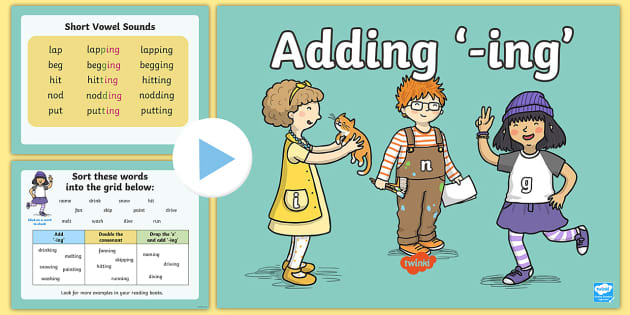 Good spelling skills improve reading ability, vocabulary, and language fluency and set your child up for future educational success.
Good spelling skills improve reading ability, vocabulary, and language fluency and set your child up for future educational success.
Make Spelling Practice More Engaging
Has your child’s spelling practice become dry? As important as it may be, it can be hard to motivate your child to practice spelling skills if it isn’t an engaging activity. Writing out spelling lists is repetitive (and boring!), and may not be the most effective way for your child to learn.
There are many ways to practice spelling other than simply rewriting spelling lists. Trying a variety of spelling activities with your child encourages him or her to practice different kinds of spelling strategies to use while writing.
Keep reading to learn 8 fun ways to study spelling words with your child.
8 Fun Spelling Activities For Kids (And How They Help Build Spelling Skills)
1. Play The Spelling Memory Game:
First, create flashcards that have one word per card. You can use your child’s spelling list, or create your own. Have your child pick a card, read the word aloud, and say each of the letters in the word. Then, have him or her place the card face down and write the word on a piece of paper.
You can use your child’s spelling list, or create your own. Have your child pick a card, read the word aloud, and say each of the letters in the word. Then, have him or her place the card face down and write the word on a piece of paper.
This activity encourages: memory recall and spelling aloud.
2. Sound It Out:
Say a word out loud to your child, have him or her repeat it back to you, and then write out what he or she heard. For younger children, try to stick to words that are spelt as they are heard. For older children, include more complex words that are a bit more difficult to spell.
This activity encourages: identifying phonetic patterns in words and spelling words using these patterns.
3. Create A Puzzle:
Write a word on paper and cut the letters into individual pieces (refrigerator magnets work great, too). Mix up the letters and have your child spell out the word by putting the letters in the correct order.
This activity encourages: logic skills to determine the spelling of a word.
4. Try Rainbow Writing:
Have your child spell words by using a different color pen, pencil, or crayon for each letter. Then have your child spell the same words using a different color for each word.
This activity encourages: learning how letters work together to form complete words.
5. Trace, Write, And Remember:
Create three columns on a sheet of paper. Label one column ‘trace’, one ‘copy’, and one ‘remember’. Using your child’s spelling list or one you’ve created, write a list of words in the first column. Have your child trace the letters you have written, then copy them in the next column. Lastly, cover the first two columns with a sheet of paper and have your child write the word in the third column from memory.
This activity encourages: word identification and spelling memory.
6. Try Staircase Spelling:
Have your child practice writing words in a staircase pattern.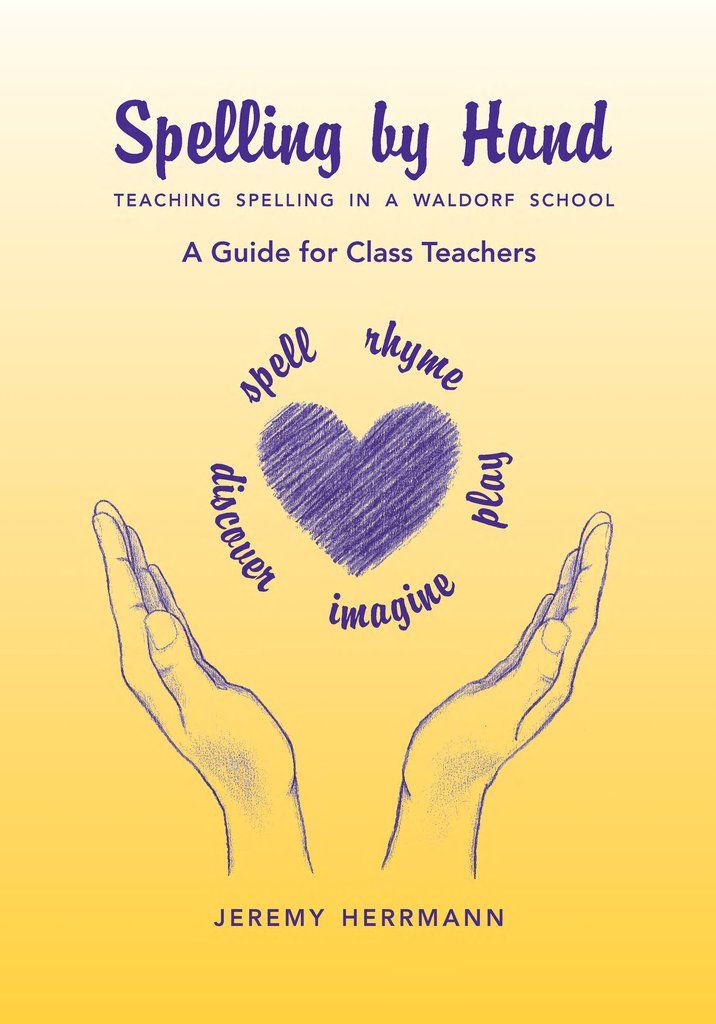 Start with the first letter of the word on one line, add one more letter on the next line, and continue until the word is complete.
Start with the first letter of the word on one line, add one more letter on the next line, and continue until the word is complete.
For example:
W
Wr
Wri
Writ
Write
This activity encourages: understanding spelling logic, especially for more complex words or words with more than two syllables.
7. Create Word Swatters:
Create a ‘word swatter’ for your child using a fly swatter or kitchen spatula. Working from a list of words, have your child look through books, magazines, and other print materials and ‘swat’ the words using the word swatter when he or she spots them. Keep track of the words your child has found by crossing them off as they are found.
This activity encourages: active reading, word identification, and spelling memory.
8. Fill In The Missing Letters:
Create a list of words on a piece of paper with blanks replacing some of the letters. Have your child work through the words, filling in letters to complete them.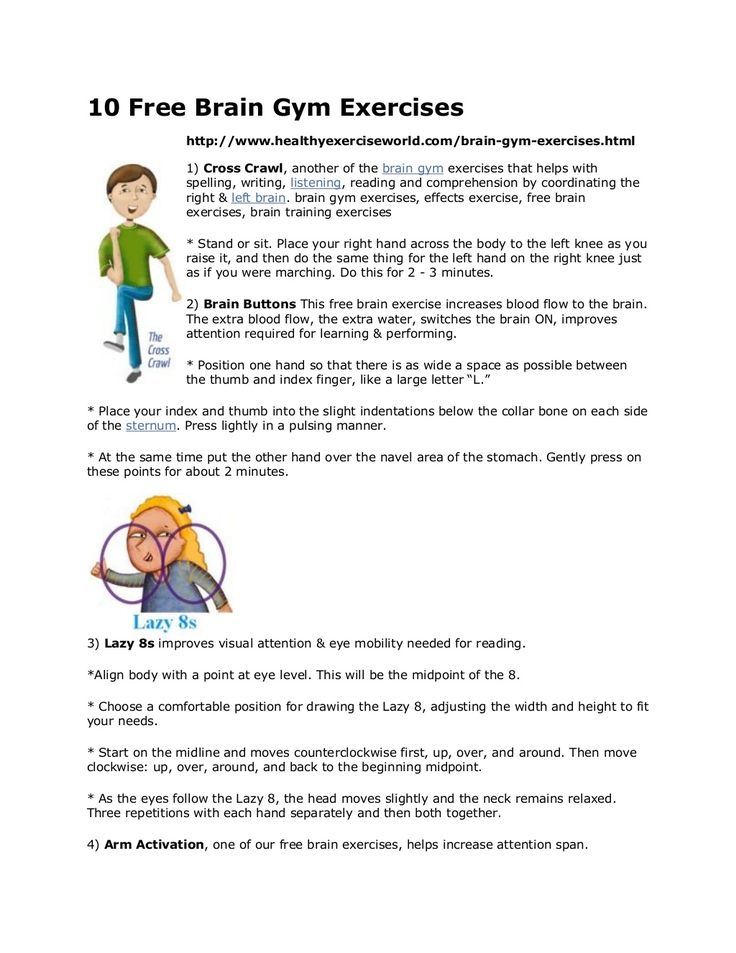 If your child needs help identifying the word, try drawing a simple picture next to the word, or include a ‘word bank’ at the bottom of the page.
If your child needs help identifying the word, try drawing a simple picture next to the word, or include a ‘word bank’ at the bottom of the page.
This activity encourages: spelling logic and word identification.
Keep Your Child’s Spelling Practice Interesting
Get creative with your child’s spelling practice at home by using some of the above suggestions. Trying a variety of activities with your child will help keep him or her engaged in learning and motivated to improve his or her skills. Remember: good spelling skills translate into better reading skills!
Check out these other resources to help improve your child’s writing ability:
6 Vocabulary Building Activities For Kids
Building Better Writing Skills: Tips For Students Of All Ages
How to teach a child to write without mistakes: we train in writing dictations
It would seem that in the age of high technology dominance, the ability to write correctly and express one's thoughts will disappear as unnecessary.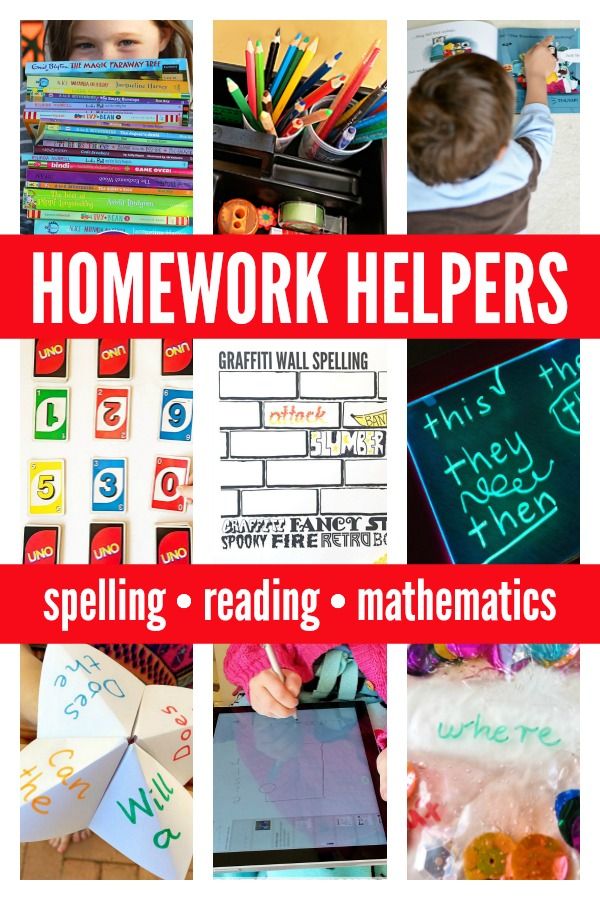 But even the most perfect computer program cannot always recognize an error in the text and construct a sentence correctly.
But even the most perfect computer program cannot always recognize an error in the text and construct a sentence correctly.
Therefore, it was and remains important and necessary to know the rules of the Russian language and the ability to apply them in practice.
But what if the child constantly writes with errors? And is it possible for an adult to learn literate writing? You will learn how to teach a child to write without errors in this article. nine0003
Prostock-studio/Shutterstock.com
Content:
- Causes of writing errors in children
- What is dysgraphia?
- How to write a dictation correctly: the secrets of teachers
- Learning to write without mistakes
- Advice for elementary school students and their parents
- How to help a middle school child?
- Competent writing among high school students and adults: is it possible to learn?
Causes of errors in writing in children
Teachers complain that with the popularity of gadgets, children have forgotten how to correctly write dictations and essays. In fact, the problem is not only this.
In fact, the problem is not only this.
Let's try to figure out why not all children manage to write words without mistakes.
The reasons may be:
Ignorance of the rules
Often a child makes mistakes if he does not know how certain words are spelled correctly.
The Russian language has rules that require the traditional spelling of words, regardless of pronunciation. For example, "zhi-shi" write with the letter "and", "ca-cha" write with the letter "a". nine0003
Also, do not forget about the rule for selecting test words and dictionary words, the spelling of which you just need to remember.
If a child does not have enough knowledge of these rules and does not remember the correct spelling of words, then mistakes in writing are inevitable.
Fatigue
Prostock-studio/Shutterstock.com
Missing letters or misspellings of words also occur due to the child's fatigue, fatigue and malaise. Attention becomes distracted, and the student makes a mistake even in those words with the spelling of which he is perfectly familiar.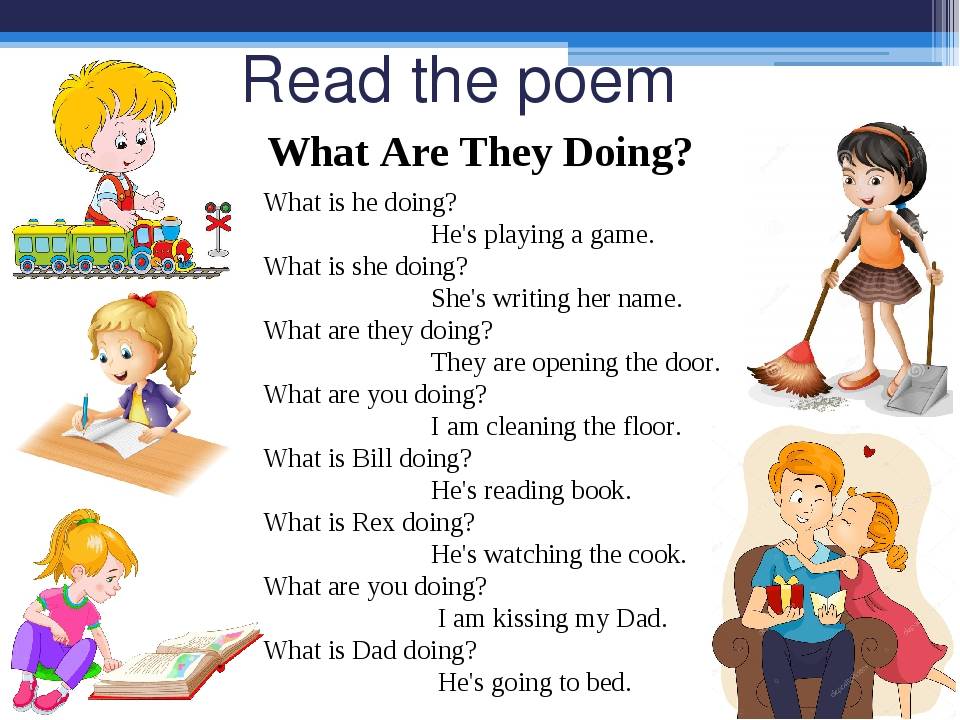 nine0003
nine0003
Read also About school workloads: how to prevent overwork in a child?
Fear of bad grades
The child is afraid of getting a bad grade for a dictation or an essay. Unable to concentrate on the task, distracted. And he definitely makes a mistake: he does not add words, he rearranges syllables in places.
The appearance of such a fear is often associated with the fact that parents are too strict with the child's academic performance.
Specific problems
These include left-handedness, including retrained, as well as bilingualism in the family. All this contributes to the fact that the child may have problems with the correct spelling of words. nine0003
Dysgraphia
Often mistakes in writing are due to the fact that the child suffers from dysgraphia.
Learn more about this violation in the next section.
What is dysgraphia?
Prostock-studio/Shutterstock.com
Dysgraphia is a writing disorder characterized by persistent and repetitive errors. Dysgraphia is associated with the underdevelopment of certain areas of the brain. Therefore, the child does not possess the skills of speech analysis and synthesis. nine0003
Dysgraphia is associated with the underdevelopment of certain areas of the brain. Therefore, the child does not possess the skills of speech analysis and synthesis. nine0003
According to 2018 data, about 37% of Russian schoolchildren suffer from dysgraphia.
What errors indicate dysgraphia:
- omissions of letters and whole syllables in words;
- adding extra letters to words;
- substitutions for letters that are similar in spelling;
- mirror image of letters;
- continuous spelling of words;
- incorrect word agreement;
- illegible handwriting.
A speech therapist and a neurologist deal with the correction of this disorder. In difficult cases, drug therapy is also used. nine0003
How to write a dictation correctly: the secrets of teachers
Prostock-studio/Shutterstock.com
Many parents are concerned about the question - how to teach a child to write dictations without mistakes? After all, dictation texts begin to be given to students already in elementary school.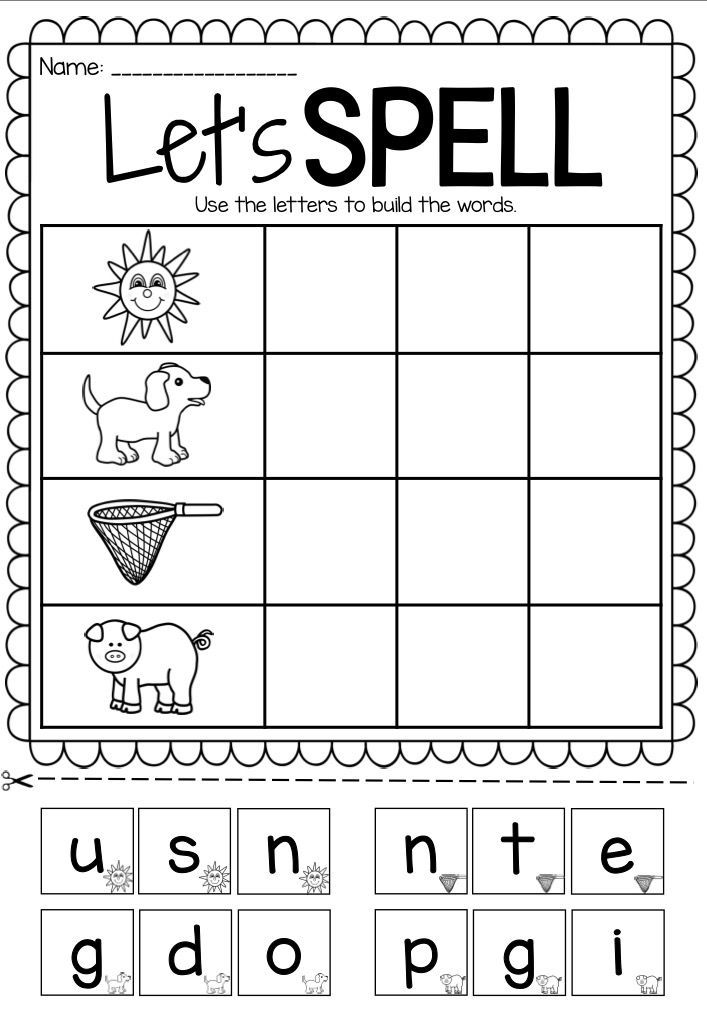
Teachers reveal the secrets of successful dictation writing.
Secret #1. Develop fine motor skills, train your fingers
Modeling, appliqué, finger games are useful. They contribute to the development of the skill of beautiful and accurate writing. nine0003
Secret #2. Regularity is important
To learn something, you need to practice this action as often as possible. This applies to both driving a car, playing a musical instrument, and the ability to write correctly.
Make it a rule to write two dictations a week with your child. Repeat difficult words for him 2-3 times.
Do not focus on misspellings by underlining errors with red ink. It is better to put the difficult word in the dictionary and repeat the rule with the child, which will help to write this word correctly. nine0003
Secret #3. Properly designed workplace
The place where the child learns lessons should be well lit and equipped with the necessary furniture.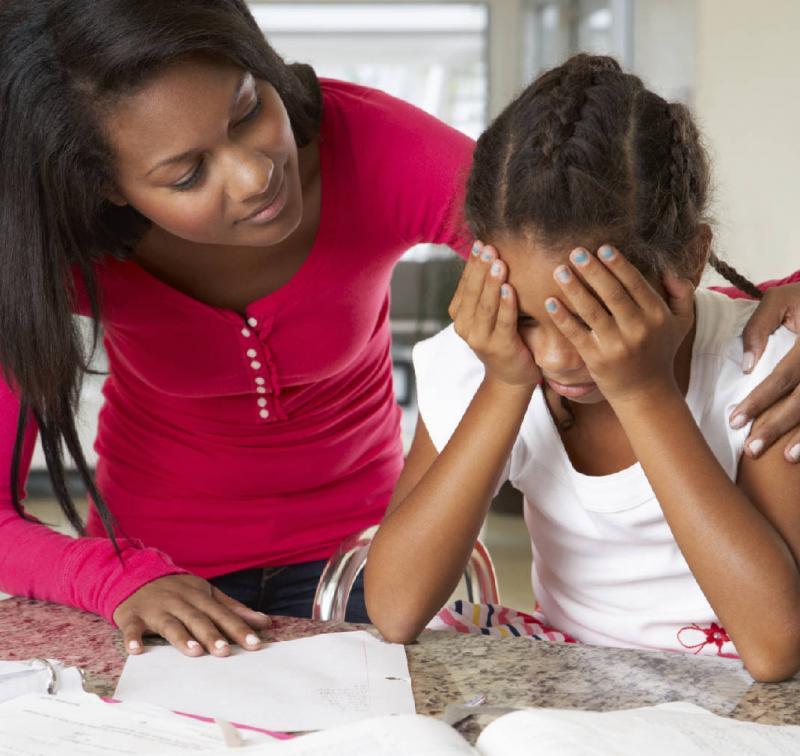
It is also important to teach your son or daughter how to sit at a table with a straight back and hold a notebook at a 45 degree angle.
If the child sits in an uncomfortable position, there is excessive muscle tension, which leads to rapid fatigue.
Find out more about the proper organization of the workspace for a student of any grade. nine0003
Secret #4. Reading aloud
Prostock-studio/Shutterstock.com
It is recommended to start reading fairy tales, nursery rhymes, nursery rhymes to your child from early childhood. When he learns to read on his own, ask him to read each word as it is spelled so that he remembers the correct spelling. Let him pronounce all the words from the text clearly and distinctly.
After that, you can proceed to reading as we speak.
Children also like it when their parents read roles with them with a certain intonation that matches the character's character. nine0003
Secret #5. Teaching through passion
Any, even the most complex material, is easier to learn through play.![]()
It will be useful to play at school, where the child appears both as a student and as a teacher. Let him try to conduct a dictation for his parents himself and check for mistakes.
Secret #6. Listen carefully
Explain to your child the rules for writing dictations:
- Pay attention to the pauses when the teacher reads the text.
- Do not start writing until the sentence has been read to the end. nine0016
- Don't cheat from your neighbor. He may be wrong himself.
- When you write a compound word, say it out loud in syllables.
- Don't rush to turn in your notebook. Check your work carefully again.
When sending your child to school, take care not only of his readiness, but also of safety. Purchase a children's GPS watch or install the Find My Kids app on your phone. With their help, you can check how your child's lessons are going, whether peers or teachers offend him at school. And if a student walks to school on his own, you can see which route he takes (and assess his safety) and where he is at the moment.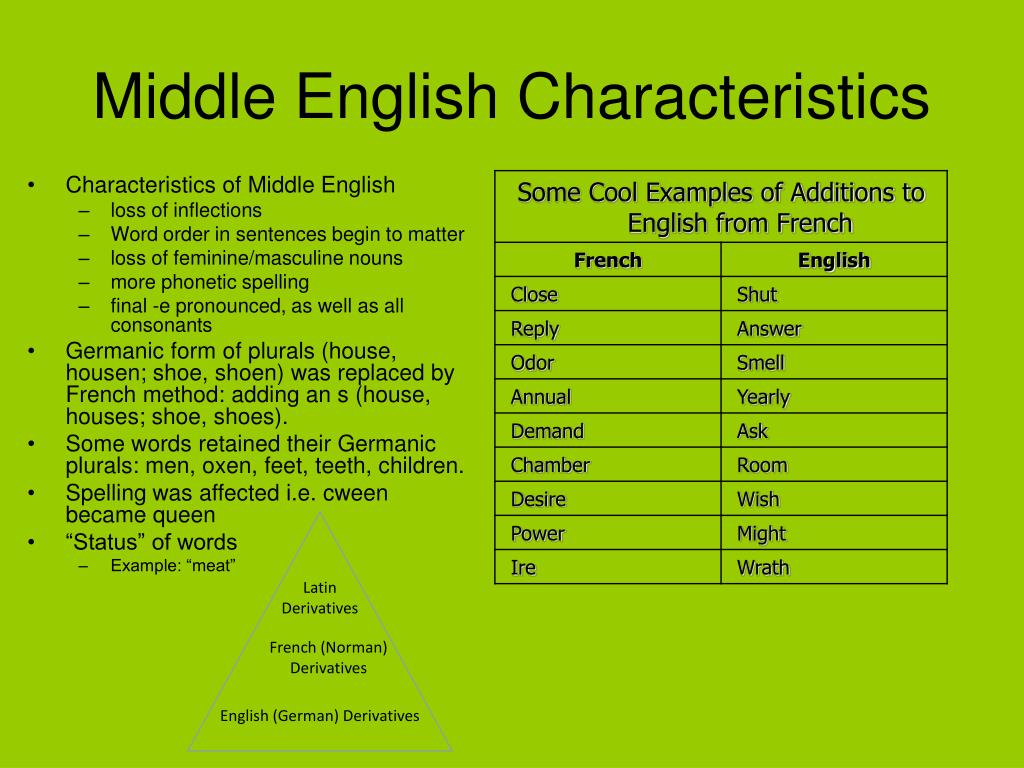 nine0003
nine0003
Learning to write without mistakes
Prostock-studio/Shutterstock.com
Tips for elementary school students and their parents
Proper motivation
The child must understand why he needs good writing. A competently writing and speaking person always commands respect from others. Moreover, these skills are sure to come in handy in business life. Yes, and a regular SMS message is more pleasant to read when it does not contain grammatical errors.
Education in the form of a game
As we have already said, it is easier for a preschooler, like a primary school student, to memorize the material if it is presented in a playful way. The following games will be useful:
1. Find and mark
The child is offered a text in which, for example, you need to circle the letter “l” and cross out the letter “a”.
2. Echo
Adult reads the word. The task of the child is to reproduce the ending of this word. Then write it in a notebook and highlight the ending with a special sign. nine0003
Then write it in a notebook and highlight the ending with a special sign. nine0003
3. Find the word
The child is offered a text in which you need to find a word according to certain characteristics. For example, all words beginning with the letter "c" or all words ending in the letter "a".
4. Write a word
Prostock-studio/Shutterstock.com
Mom or dad lays out cards with letters in front of the child. The task of the child is to make a word out of them. It is better to start with simple words: “house”, “garden”, then move on to more complex ones: “hello”, “desk”, “chest of drawers”, etc. If the child finds it difficult to complete the task, he is given only the letters that make up the desired word. nine0003
You can make the game more difficult: write the name of your favorite fruit or sweet from the letters. In this case, the child chooses the word himself.
These and other games will help schoolchildren learn to write even the most difficult words carefully and without mistakes.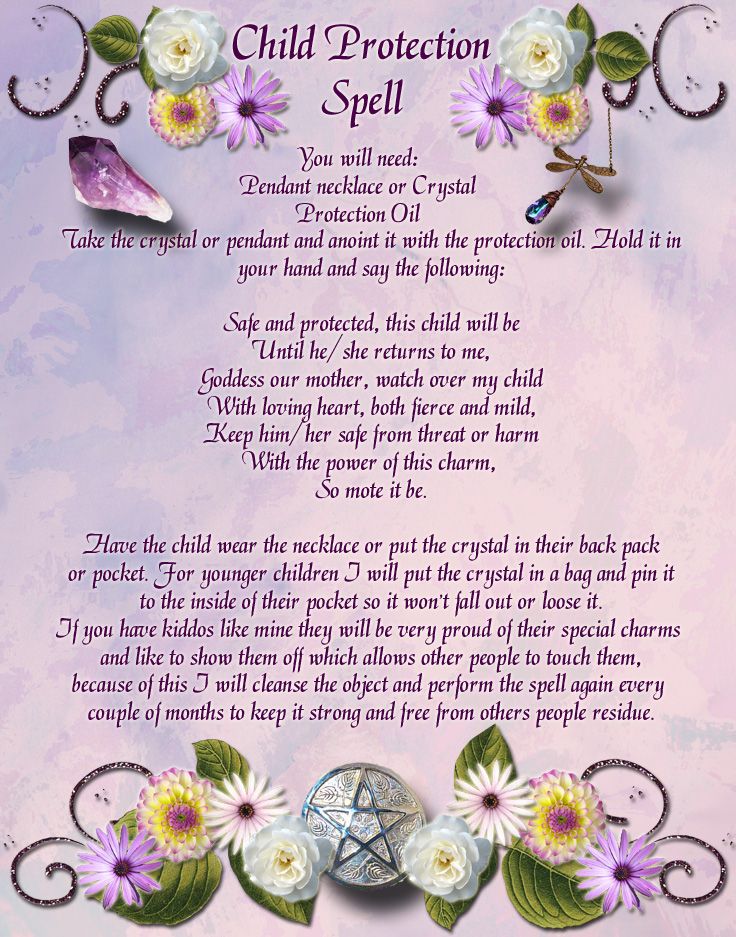
Don't forget about physiology
You don't have to force your child to sit at the table for hours and achieve even calligraphic handwriting. Otherwise, classes will turn into torture for him. 20-30 minutes a day devoted to the development of literate writing is enough for a primary school student. nine0003
Also find out what to do if your child does not want to study and do homework.
How to help a middle school child?
Prostock-studio/Shutterstock.com
If your child hasn't developed good writing skills after elementary school, then it is necessary to continue this work in middle school.
The following exercises will help students:
Find the mistake
The parent writes a text with errors in those words, the spelling of which the child cannot remember in any way. The child's task is to find a misspelled word and remember the rule that should be followed when writing this word. nine0003
Dictionary of compound words
It is necessary for recording vocabulary words and words in which the child constantly makes mistakes. An adult dictates words from it first, and then sentences with these words, checking the spelling.
Life hack: find the right motivation for student learning. Together come up with a desired goal for which the child will save by completing certain tasks from the parent. The Find My Kids app and the new Kids Tasks feature help make this happen! nine0003
Make up a sentence
The child is given cards with words, from which he must make a sentence and write it in a notebook. An adult checks the correct spelling of words and literacy of the text.
Missing words
The child picks up the missing words. For example: “It melts in the spring ...., they run ...., they fly in from the south ....”
Make a word
The same exercise as for elementary grades, but with more difficult words. For example, terms from any area (recycling, abbreviation, dissimilation, and others). nine0003
Compose a crossword puzzle
A child composes a crossword puzzle for parents on a specific topic, for example, based on the works of A. S. Pushkin, and for him they are from words that are difficult to spell.
Competent writing among high school students and adults: is it possible to learn?
Prostock-studio/Shutterstock.com
There is an opinion that if a child does not learn to write correctly from the first grade, then this skill will remain unattainable for him in the future.
But experts say that this is not so. Writing beautifully and without mistakes can be learned at any age. nine0003
Tips for high school students and adults to achieve good writing:
- Be patient
If you really want to learn how to write correctly, it will take time and desire, as well as perseverance in achieving the goal. Classes should be regular. It is better if they take place at the same time. So your brain will quickly get used to the need to improve writing.
- Get in the habit of using a spelling dictionary if you don't know the correct spelling of a word
- Read a lot and enjoy it
Reading develops attention and visual memory. When reading a text, you unconsciously memorize the correct spelling of words, including complex ones. And if at the same time you also pronounce it, motor memory is included in the matter. Choose books that suit your interests, but it is better to give preference to the classics.
Prostock-studio/Shutterstock.com
- Copy your favorite expressions, quotes from the book
The more the better. Pay attention not only to the correct spelling of words, but also to punctuation marks.
- Learning poetry by heart also contributes to the development of literate speech
- It will not be superfluous if you involve a friend, girlfriend, husband or wife in classes
You can even arrange a competition "Who will write more texts without errors?"
- Create your own difficult words dictionary and write down words whose spelling is difficult for you to remember. And periodically reread them
- Repeat those rules of the Russian language that you forgot from the school curriculum
- If self-study does not benefit you, use the services of tutors
You can learn to write correctly and without mistakes at any age, both for a child and an adult. The main thing is to make the necessary efforts for this and not be afraid of difficulties!
Read also:
- The child does not want to study and do homework: what should parents do?
- The most important thing about school holidays 2020-2021: dates, dates and possible changes
- How to stop being nervous and scolding a child during a DD?
Please rate the article
This is very important to us
Article rating: 5 / 5. Votes count: 7
There are no ratings yet. Rate first!
Receive a school preparation checklist to your mail
Letter sent!
Check e-mail
How to teach a child to write correctly
Is literacy “lame” for a schoolchild? We have collected effective methods by which you can close the gap in knowledge. How to learn to write without mistakes? This question is asked by the parents of many schoolchildren when they bring home notebooks with grammatical errors. Let's start working on fixing them! Thinking about how to help your children master the basics of grammar? Just follow our advice.
How to write a dictation for five
Dictation is always a test of literacy. To write it for a good grade, you need to be extremely careful and not be distracted. But the most important thing is that you need to thoroughly prepare for it. We tell you how to prepare for the dictation. nine0003
1. Repeat with your child all the rules of the Russian language that you have learned in a quarter (in order to be sure, it is better to repeat what you have learned in half a year).
2. Focus on the topics that cause the most difficulty.
3. Write dictation texts with him regularly.
4. Speak words that are difficult to write out loud.
5. Train your visual memory by reading fiction.
Tell the child how he should behave during the dictation:
Listen carefully to the teacher, he usually clearly pronounces the boundaries of sentences and paragraphs.
If in doubt about a punctuation mark or the spelling of a word, leave space. When checking, decide what to put in place of the pass.
When the text is ready, revise it. Start by checking spelling and then moving on to punctuation.
Move from the last sentence to the first so as not to switch to the meaning of the text.
And don't look at your neighbor's notebook, there is a chance to make not only your own mistakes, but also to collect other people's. nine0003
Compliance with these recommendations will allow you to write a dictation for five.
Literacy Exercises
Children's dictation is just one way to practice literacy. You can write correctly and competently if you do fun exercises. For example, a random story.
Think of a dozen random words with your child and ask them to make a short story with them. Such an exercise develops creative skills and helps to tune in the right way before the “serious” task. Words can be anything. For example, little Olya from the words: “grandmother, deer, teapot, square, juice, slime, sadness, salt and joy” came up with a whole series about a grandmother who could not choose a gift for a deer. Let the story be ridiculous .. It doesn't matter! nine0003
Upside down!
Have your child retell an old story in a new way. Let Cinderella become a ninja, and Koschey the Deathless take up ballet! This exercise develops creativity and teaches the child to fantasize. When the story is qualitatively upside down, offer to swap the beginning and end. How did Ivan Tsarevich become an ordinary villager?.. Why did Batman stop catching villains and live a normal life?..
Word of the day
This exercise is a great way to expand your vocabulary. Every morning you choose a new word for the child, explain the meaning, write it down on a sticker or on your child’s phone so that it is not forgotten. The exercise is very simple: during the day the child should use it five times in speech, try to do it to the point, and in the evening make up a couple of sentences with him.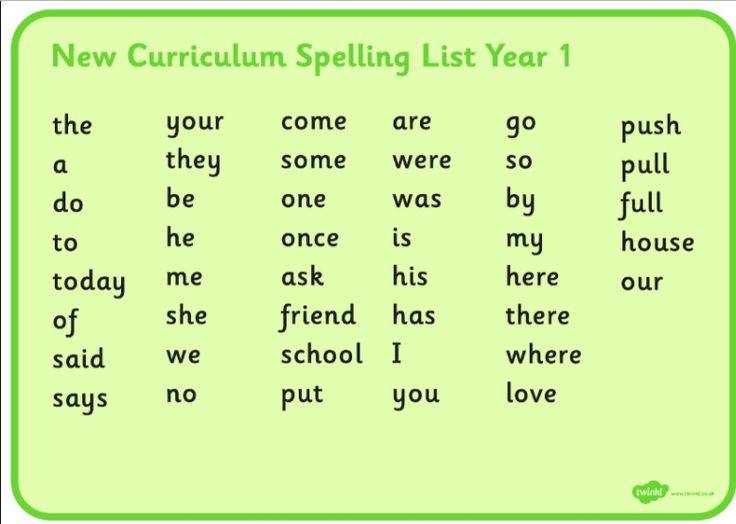 Then you can use this word in the exercise: "Random Story" to make it memorable.
Then you can use this word in the exercise: "Random Story" to make it memorable.
Vocabulary words
Learn the words that are usually given at the end of the textbook. So that the child does not get bored doing this, check each other in turn.
Spelling reading
Regularly challenge your child to read texts aloud and then write them down. In order for the child to remember the form of words through articulatory motor skills, while reading, you need to clearly pronounce all the words in syllables.
Reading backwards
Do you know why many people make mistakes in word endings? Because the human eye clearly sees the beginning of words, and the ending is rather blurry. However, he can be fooled. nine0003
Check what you have written using reverse dictation, that is, read not from the beginning, but from the end. Reverse dictation is considered a very effective self-test method. The more often you practice it, the fewer mistakes your child will make.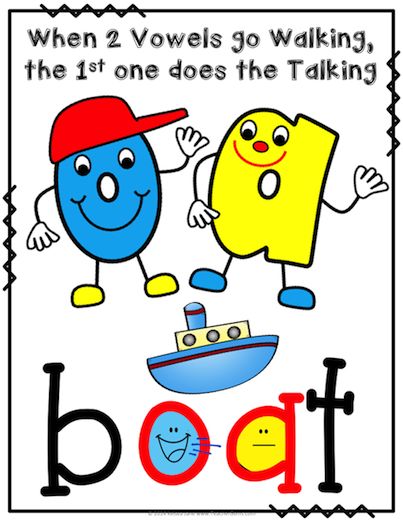
Spell check
This is a trick that will help your child write better. Although this reading may seem a little strange, it will allow you to kill two birds with one stone:
First, you will eliminate the confusion between pronunciation and spelling. nine0003
Secondly, the memorization process will take place at the level of the body, developing articulatory memory and adjusting the hearing correctly.
Just two or three weeks of exercise and you will notice the result.
Fun language lessons for elementary school
Another way to learn to write without mistakes. You need to do it on paper. Invite the child to answer, is it necessary to fill in the gap in words? We have chosen the following options for you: . nine0003
This task will teach the child to write without errors, since several types of memory are involved at once. The student remembered the correct spelling, saw the letter he inserted, and heard it by ear.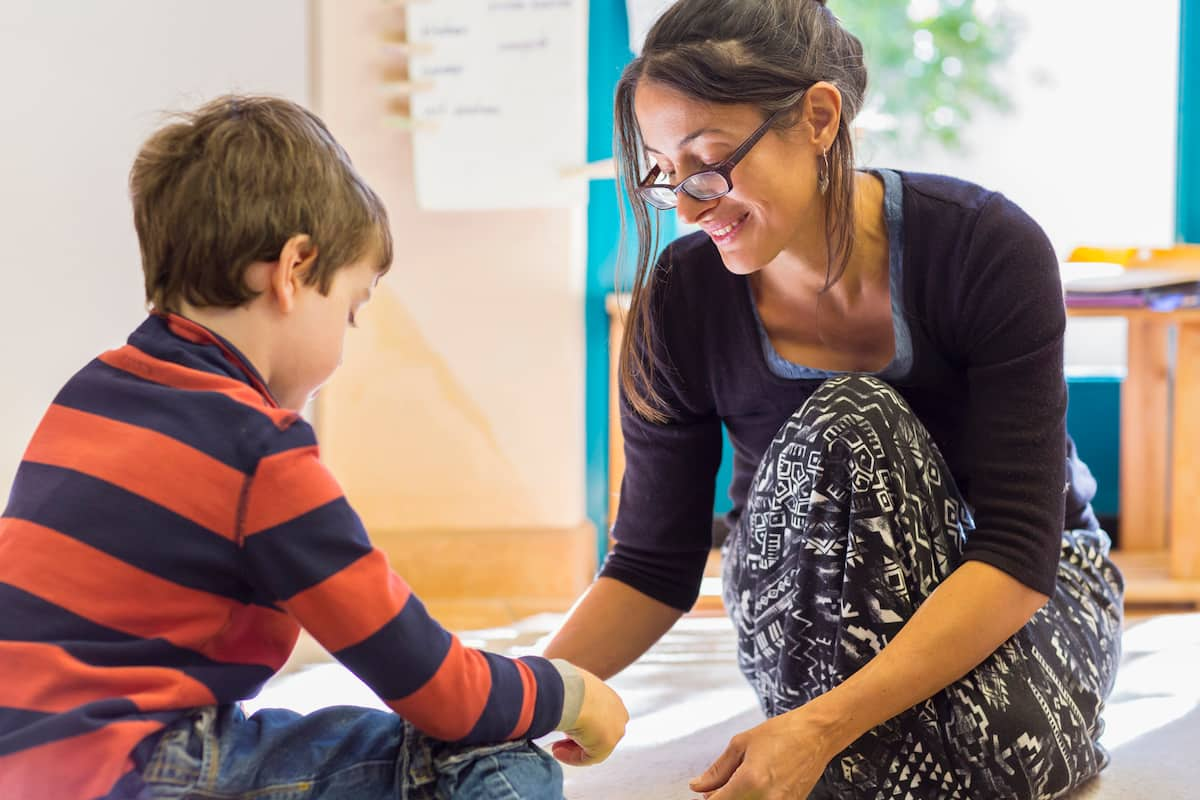
Word cards work well. How it works: You can make cards for your child with words in which he most often makes mistakes. Hang them over the table or play a game where you first write a word and then a card with it appears.
Online simulators
Another answer to the question of how to learn to write correctly. To “pump” the child’s literacy, if she is lame, Russian language simulators on the iSmart educational platform will help. The student will learn grammar rules, spelling of words (including vocabulary words), syntax and punctuation in a fun way.
Letters around us
You can write without mistakes if you train attentiveness. Pay attention with your child to the spelling of individual words, even on the street: on shop signs and billboards, this will also be remembered. nine0003
Train your hand memory
It has long been proven that hands have memory, that is, we can do with our hands what the brain seems to have forgotten.